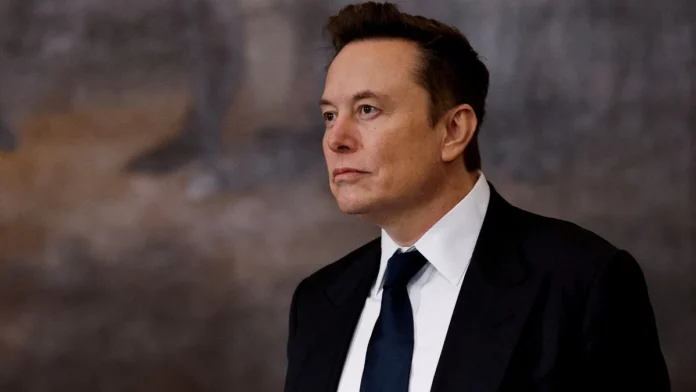
By Samuel A. Lopez – USA Herald
[NEW YORK, N.Y.] – A fierce legal battle has erupted over the Trump administration’s push to grant Elon Musk’s Department of Government Efficiency (DOGE) unprecedented access to Treasury payment systems. The case, led by New York Attorney General Letitia James, has alleged concerns over potential privacy rights and the authority of the executive branch.
However, Musk and President Trump’s supporters argue that the lawsuit is part of a larger political agenda to suppress efforts aimed at uncovering corruption and waste at the highest levels of government, including embezzlement of funds, bribery, and manipulation of the economy to benefit themselves and their allies, at the expense of the general populace.
The controversy centers around a recent ruling by U.S. District Judge Paul Engelmayer, who prohibited Musk’s DOGE from accessing critical data held by the Treasury Department. In response, Musk took to social media, calling the judge’s decision a case of “corruption protecting corruption,” urging for the judge’s impeachment. But the underlying legal issues are far more complex than a simple clash between the executive branch and the judiciary.
The judge’s ruling followed a lawsuit filed by 19 Democratic state attorneys general, who raised concerns about the access Musk and his team were receiving to the Treasury’s internal information.
New York Attorney General Letitia James, who initiated the lawsuit, explained:
“President Trump does not have the power to give away Americans’ private information to anyone he chooses, and he cannot cut federal payments approved by Congress. Musk and DOGE have no authority to access Americans’ private information and some of our country’s most sensitive data.”
Privacy, Power, and Executive Authority: At the heart of the lawsuit are three critical questions: (1). does President Trump have the power to appoint individuals like Musk to lead DOGE and grant them access to Treasury data? (2). Does Musk’s role at DOGE provide him with the legal authority to alter or cut federal payments approved by Congress? (3). And, crucially, is the extensive access to financial data by DOGE violating privacy protections established under federal law?
Letitia James argues that the President does not have the authority to appoint Musk to lead such an influential body with access to private financial information. She contends that allowing Musk’s team to access personal details, such as taxpayer information and Social Security numbers, violates laws protecting privacy, including the Privacy Act of 1974 and the E-Government Act of 2002. James and the coalition of Democratic attorneys general fear that Musk’s involvement would undermine public trust in government by enabling the access of personal data, without the individual’s consent.
However, James’ argument is devoid of any discussion of the Twelve Exceptions to the “No Disclosure Without Consent” Rule. The Privacy Act of 1974, cited in James’ lawsuit, generally prohibits the disclosure of records about an individual maintained in a system of records without that individual’s written consent.
However, there are several exceptions to this rule that Ms. James coincidently omitted from her claims, which allows information to be disclosed without consent under specific conditions. Among the twelve exceptions outlined, the most notable and frequently contested are the “need to know” exception, disclosures required under the Freedom of Information Act (FOIA), and the “routine use” exception. These twelve exceptions are detailed below.





